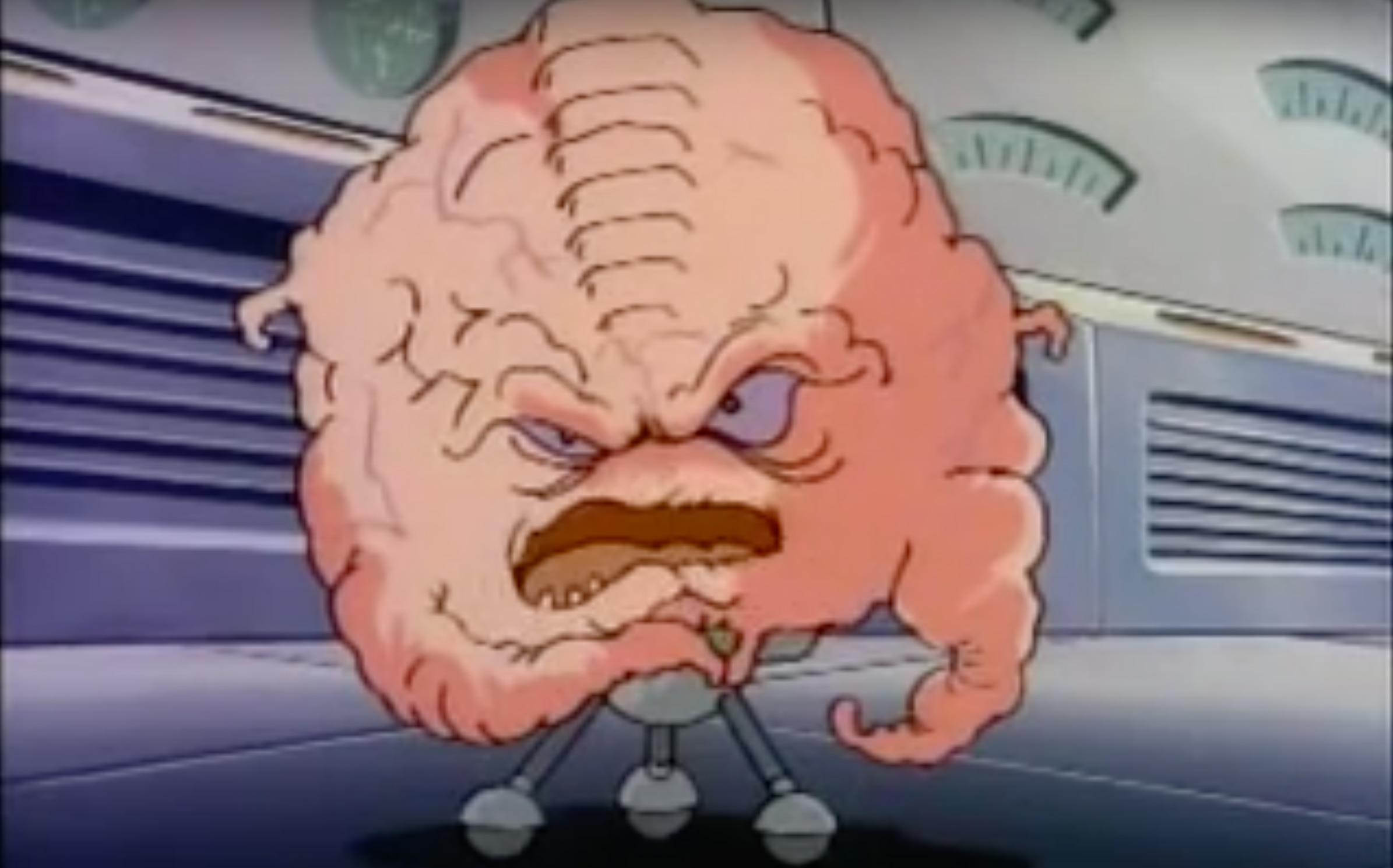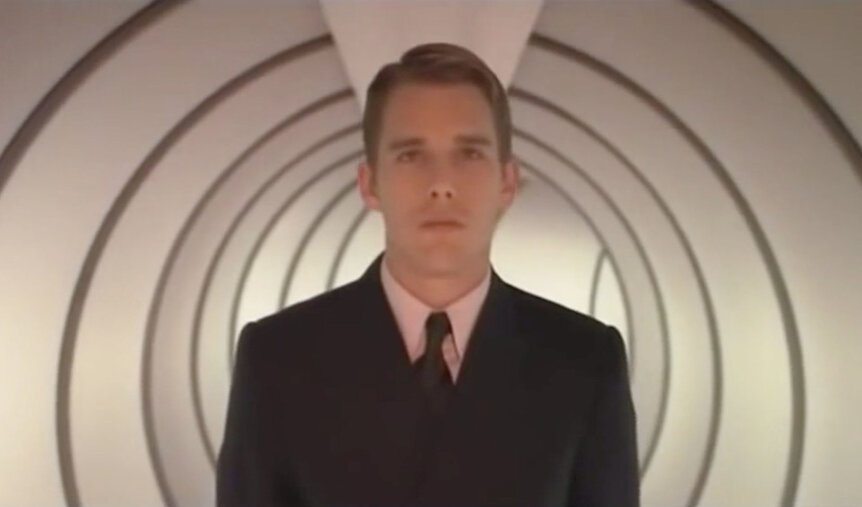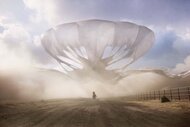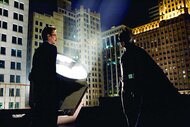Create a free profile to get unlimited access to exclusive videos, sweepstakes, and more!
A lab grew a mini doppelgänger of someone's brain, and yes this is real life

Imagine you donate a few of your cells to a neuroscience lab. You already know up front that the lab is going to reprogram those cells as neurons for dementia research that could potentially have an impact on millions of people. Then you find out some of those cells literally decided to take on a mind of their own.
This is what happened to science writer Philip Ball when he donated cells from his arm that ended up morphing into a genetic replica of his own brain right there in a Petri dish. The point of the experiment was to make such mini-brains to use as test subjects, but most of them were expected to (and did) die off pretty quickly. The one that unexpectedly endured gave Ball an existential headache. What does being human actually mean?
You can’t blame Ball for getting freaked out at seeing a part of himself staring back at him from a Petri dish, even if this organoid was only visible to the naked eye under a microscope. It’s pretty safe to say the brain-thing is not going to plot world domination tomorrow like Krang from Teenage Mutant Ninja Turtles, because it is missing sensory inputs and other functions necessary for a human brain to be a human brain. What Ball’s own neurons were really firing over was, now that we know such a thing is possible, what being human means in the realm of biology.
In a review of Ball’s new book, How to Grow a Human, recently published in Nature, Natalie Kofler explores what was really going on in Ball’s brain—both the one in his head and the one in the Petri dish.
“In exploring innovations that blur our concept of identity, rights and death, Ball forces us to ask how and why,” Kofler said. “To investigate those questions, we must expand our ethical frameworks.”
Ball fears we will plunge into a Brave New World or Gattaca scenario where inequality is defined by who gets to have their genes edited before birth and who has to rely on chance. No genetically engineered human being in Aldous Huxley’s iconic sci-fi novel had any say as to what rank they would be born into, since every single one was conceived in a Petri dish and grown in a jar. There was no advancement in your future, no miraculous rise to the upper echelon, because your abilities were only programmed to a certain extent.
Gattaca presents a scenario that might be even scarier. Being naturally conceived means you were either an accident or born into lower socioeconomic status, and the reason why really doesn't matter when having to compete with people who have had their genes edited to perfection. There are certain levels of intelligence and other abilities non-edited individuals cannot even dream of attaining. Of course, Ethan Hawke’s character finds a way around this, but could anyone if it actually happened?
Another question Ball brings up is the possibility of producing an organ that may actually be able not just to function but to feel things as a human organ does. He tends to view us as collections of cells, cities of microbiomes that could bring up serious ethical dilemmas if recreated and isolated in a cold, sterile lab.
For now, just be glad the brain didn’t grow tentacles like Krang and start figuring out how to take over the planet.
(via Futurism)















